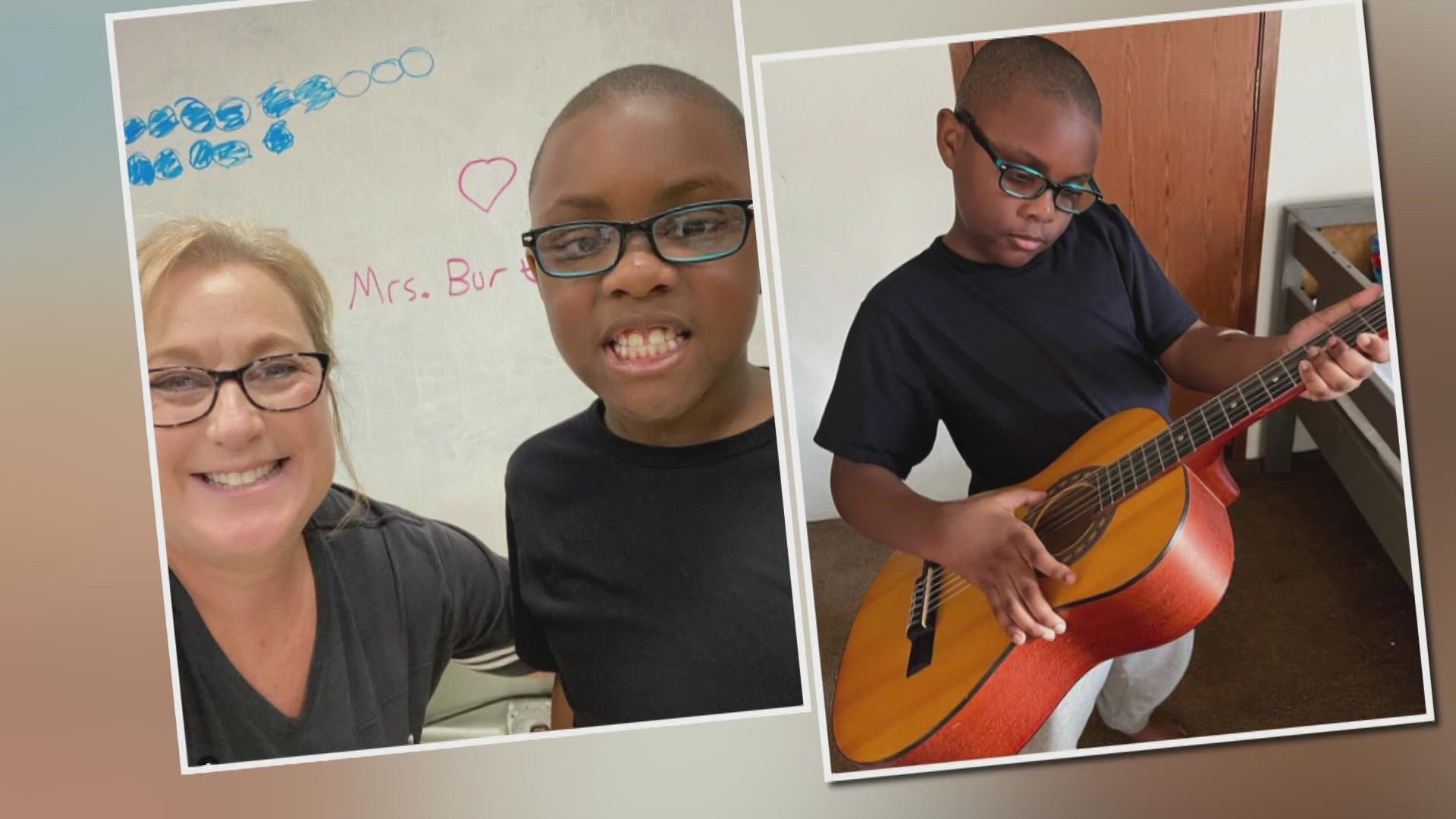KNOXVILLE, Tenn. — The Sixth Circuit Court of Appeals heard Knox County's appeal in a case involving a student with autism in Knox County Schools.
Court documents said a student, called M.Q., has autism and was attending preschool in the county. In preschool, the case said he studied with his peers without disabilities, in an integrated classroom.
When he got to Kindergarten, the school district's Individual Education Program (IEP) had M.Q. spend 4.75 hours in a CDC-A classroom and 2.25 hours in a general education classroom each day.
Court documents say a CDC-A classroom has fewer students, more teachers, a hands-on curriculum and is taught at a slower pace.
M.Q.'s parents challenged the IEP, and an administrative law judge in Knox County heard the case. The judge ruled in favor of M.Q. and his parents.
"Being amongst nondisabled peers assists in improving an autistic child's socialization and communication skills," said Administrative Judge Phillip Hilliard.
The Federal District Court then heard the case, and ruled in favor of M.Q. and his parents, once again. Dr. John McCook was the Special Education Director for Knox County Schools and is now a Professor of Special Education Law at Lincoln Memorial University.
Dr. McCook said federal law requires students with special needs to learn with the least restrictions possible.
Knox County's attorneys argued in court that the school district wouldn't be able to modify a general education classroom to meet M.Q.'s needs. Dr. McCook said federal law requires the school district to have data to prove they wouldn't be able to meet M.Q.'s needs.
"Being able to work, model and interact with non-disabled students, the research has been found to be very valuable," Dr. McCook said.
Justin Gilbert, the lawyer for M.Q. and his parents said it's vital kids with disabilities get the opportunity to learn with their peers.
"Substitute a different characteristic, be it religion, gender, or race, and there would be appropriate outrage at such segregation," Gilbert said in a statement. "Fifty years of academic research shows the overwhelming number of children with disabilities learn better in an immersive mainstream class with their non-disabled peers."
"Hopefully this case can shine the way, with Knox County restructuring its resources to implement more co-taught classrooms and far fewer segregated classrooms," Gilbert added.

